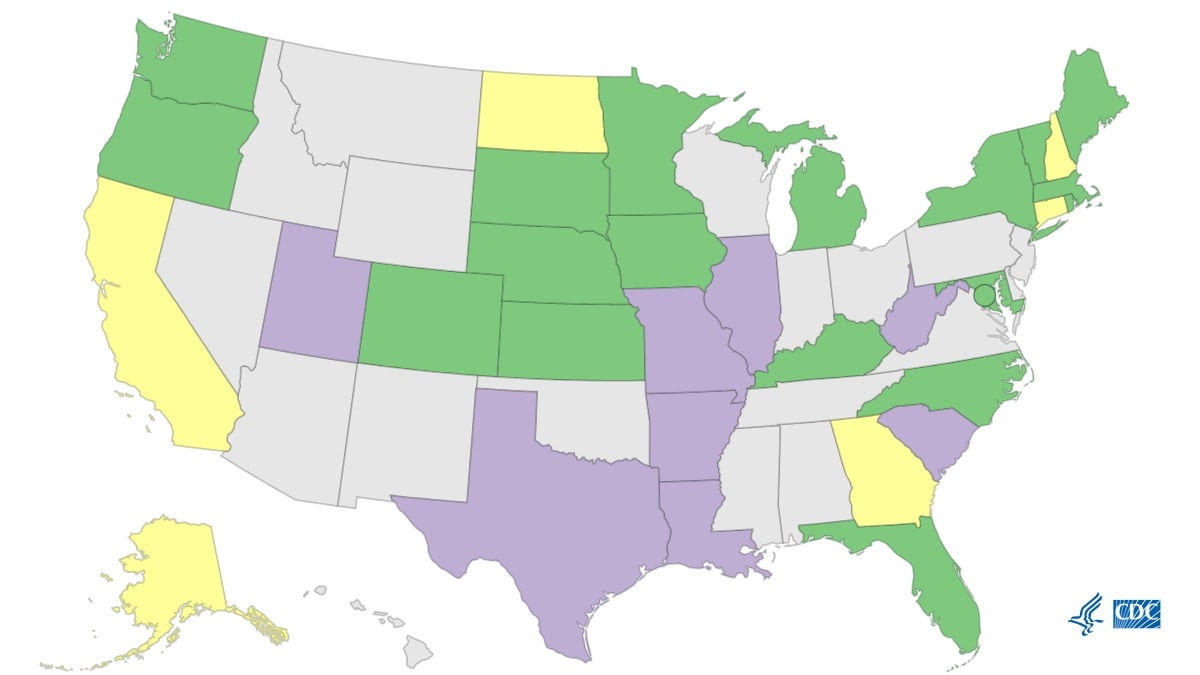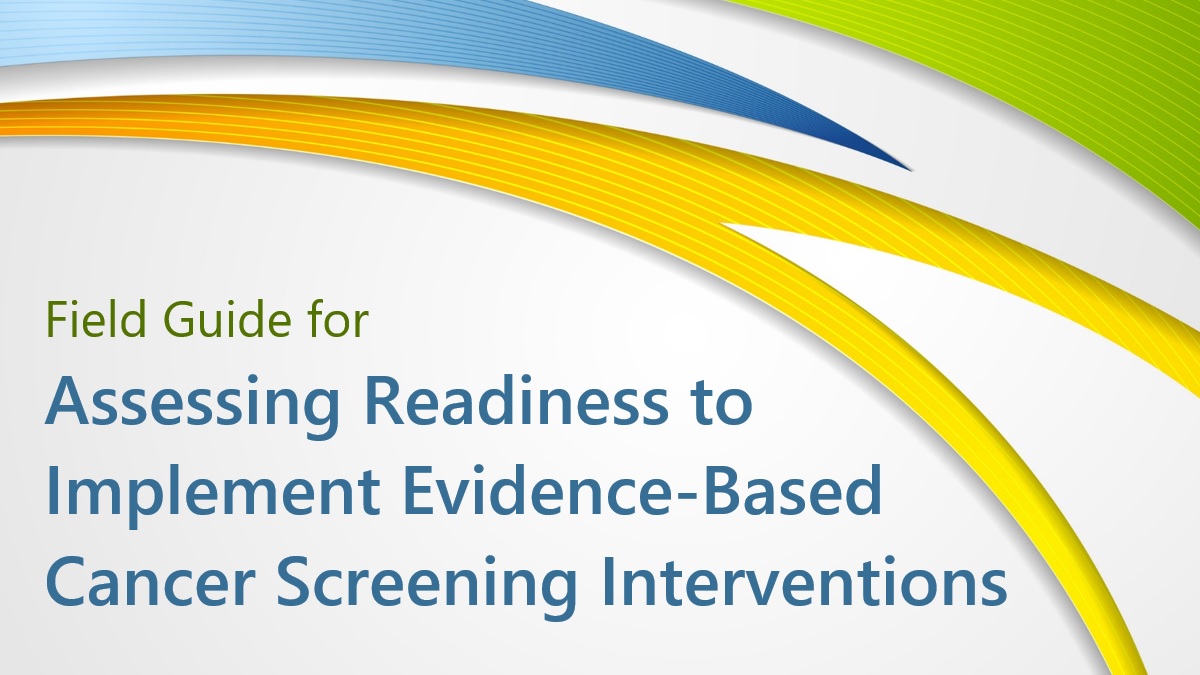CDC’s Colorectal Cancer Control Program increases colorectal cancer screening to save lives.
Colorectal Cancer Control Program award recipients innovate to increase screening.
The program works with clinics, hospitals, and other organizations to increase screening.
CDC’s Colorectal Cancer Control Program includes 35 award recipients.
Featured topics
Contacting patients and helping them overcome barriers to care increased colon cancer screening.
Key findings from rigorous evaluations of CDC's Colorectal Cancer Control Program.
Helps organizations determine if clinics are ready to implement cancer screening interventions.







